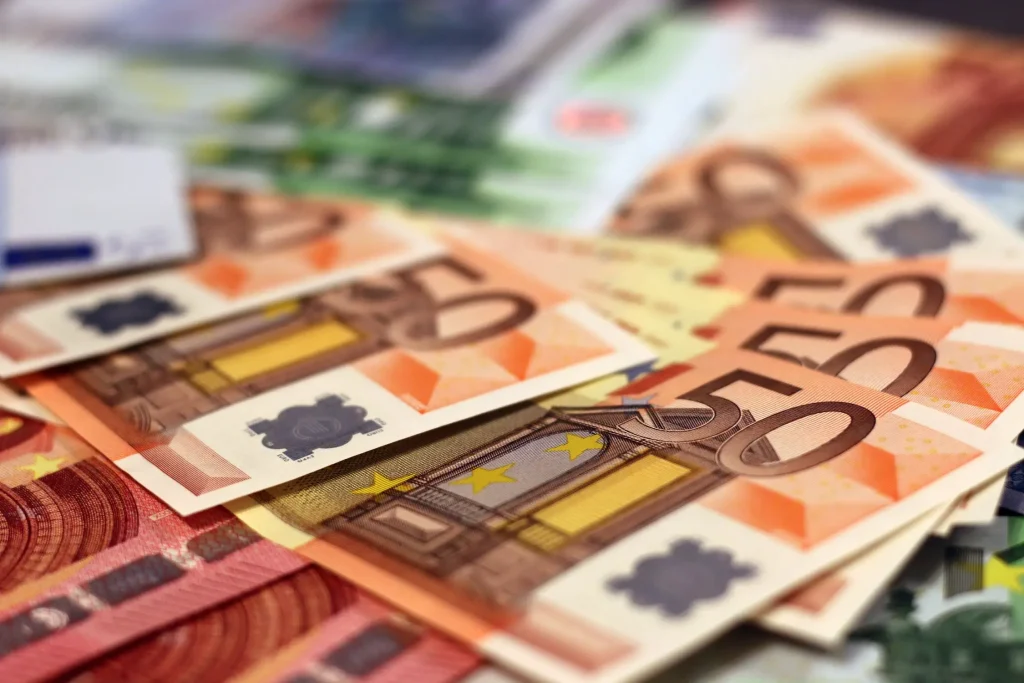Fitch revised down its projection of Croatian growth for 2022 from 4.4% to 3.3%, citing base effects and a sharp slowdown in household consumption as high inflation affects consumer spending.
“A slowdown in key trading partners, primarily the eurozone, will affect goods export performance this year but we expect key services sectors such as tourism to continue to recover given the country’s structural advantages,” the agency said.
“We expect GDP growth to gather pace in 2023 (3.7%) assuming a reduction in external risks and a pick-up in investment momentum, driven by EU programmes. We estimate EU transfers of up to 5pp of GDP per year over the next four years, which will sustain economic momentum,” it added.
Limited links to Russia and Ukraine
Croatia is less exposed to the unfavourable macroeconomic consequences of the Russia-Ukraine conflict than other countries in the region. “Direct links to Russia and Ukraine are very limited in terms of exports (less than 1.5% of total), investment and tourism (1%).”
Although energy import dependency is similar to the EU average (56%), Croatia has invested to diversify away from Russian energy sources, last year opening an LNG terminal that allows it to reduce its exposure to Russian gas to zero. Nevertheless, the country is highly exposed to higher energy costs, as well to potential further disruptions to supply-chains.
Lower deficit and debt
Croatia’s fiscal deficit narrowed rapidly in 2021, to 2.9% of GDP, thanks to solid revenue growth and expenditure restraint, Fitch said, revising down its deficit forecast from last November by 1.4 percentage points.
“Although we expect revenue growth to remain strong this year, demands for higher expenditure to tackle rising inflation—beyond the 1.1% of GDP that has already been approved—are likely to continue. This will limit the scope for further improvement of the headline deficit in 2022, although over-performance in 2021 means there is a good starting position. We forecast headline deficit of 2.8% in 2022, before narrowing to 1.9% in 2023 with modest downside risks, given strong commitment to fiscal prudence,” the agency said.
The public debt/GDP ratio fell to 79.8% in 2021, a reduction of 7.8pp from 2020, thanks to the improved fiscal position and rapid economic expansion. It is expected to fall further to 75.5% in 2022 and 72.6% in 2023.
“Modest primary deficits and high nominal growth (in particular in 2022) support our forecast of an average 3pp reduction in the debt stock per year over the next five years (similar rates to those in 2016-2019). This trend would be consistent with meeting convergence criteria, despite the fact that public/debt GDP will remain above the 60% Maastricht debt ceiling (and compared with the current BBB median of 55%). We expect financing costs to rise gradually, in line with global trends, but the process of euro-adoption plus sound debt management reduce financing risks,” Fitch said.
Euro adoption
Croatia has met all structural reform criteria required under ERMII and at present meets most of the convergence criteria, including interest rate, exchange rate and public finances. Questions remain around meeting price stability criteria, especially in the context of rising inflation in recent months. It reached 7.3% in March, the highest level since 2008, and averaged 4.07% in April 2021-March 2022.
Since inflation has risen across the EU, Fitch believes “the EU will use the flexibility provided in the convergence criteria (removing the inflation rates of some member states it considers outliers from the calculation) when assessing Croatia in May, with a likely positive outcome by July.”
“At present we do not expect a delay of more than one year in euro accession if the country fails to meet the inflation criteria this year, as we consider that there is a clear commitment at EU level to expedite the process,” it added.
The agency said it might downgrade Croatia’s rating in the event of a significant delay in the timeline of eurozone accession or a renewed increase in general government debt over the medium term.
On the other hand, the rating would be upgraded if the EU Economic and Affairs Council confirms that Croatia has met its eurozone membership criteria.
Another factor that could lead to an upgrade is “evidence of improvement in medium-term growth prospects, for example via implementation of structural reforms or EU-led investment, that could lead to faster than expected reduction in general government debt/GDP.
For more, check out our business section.










